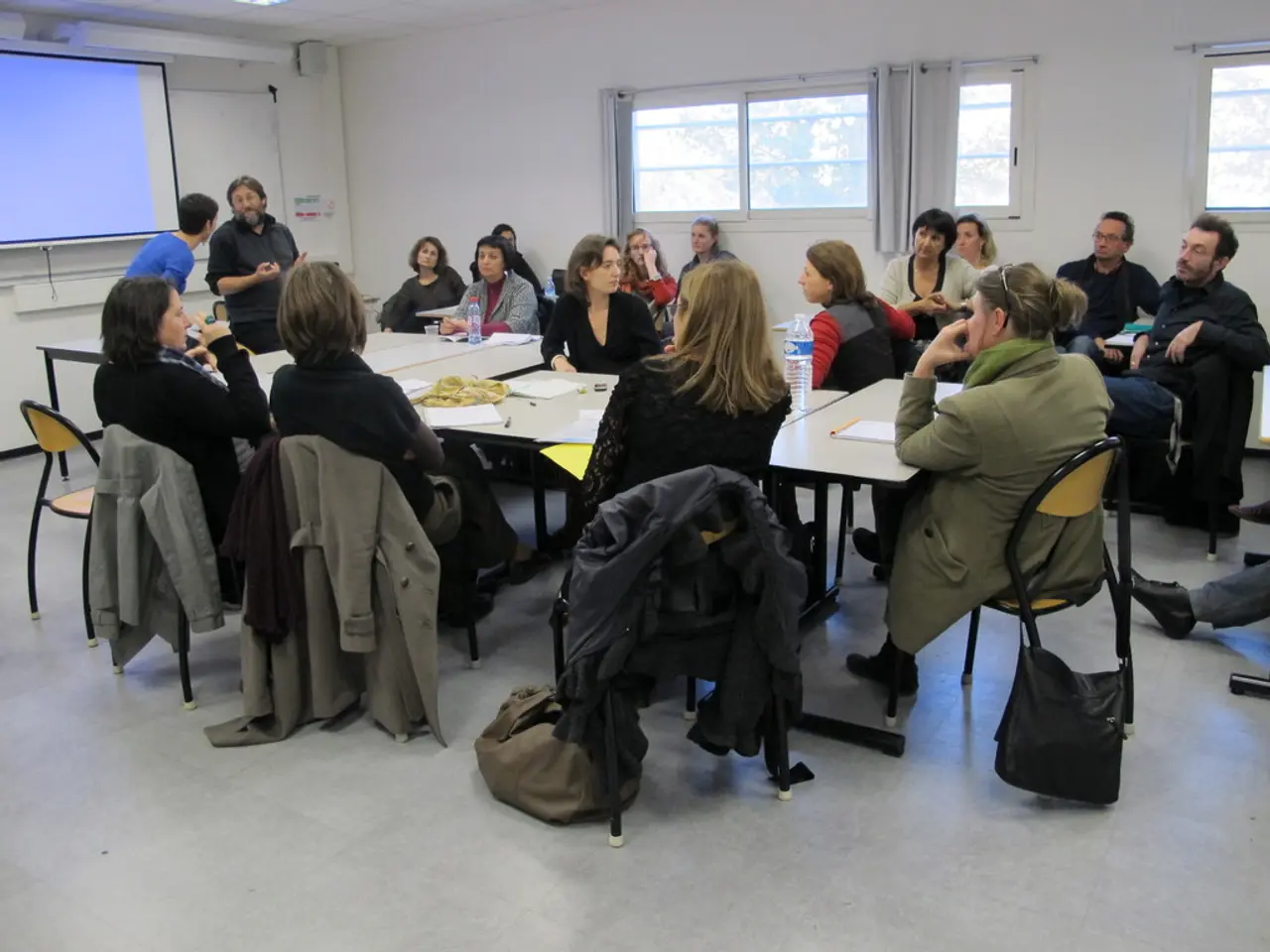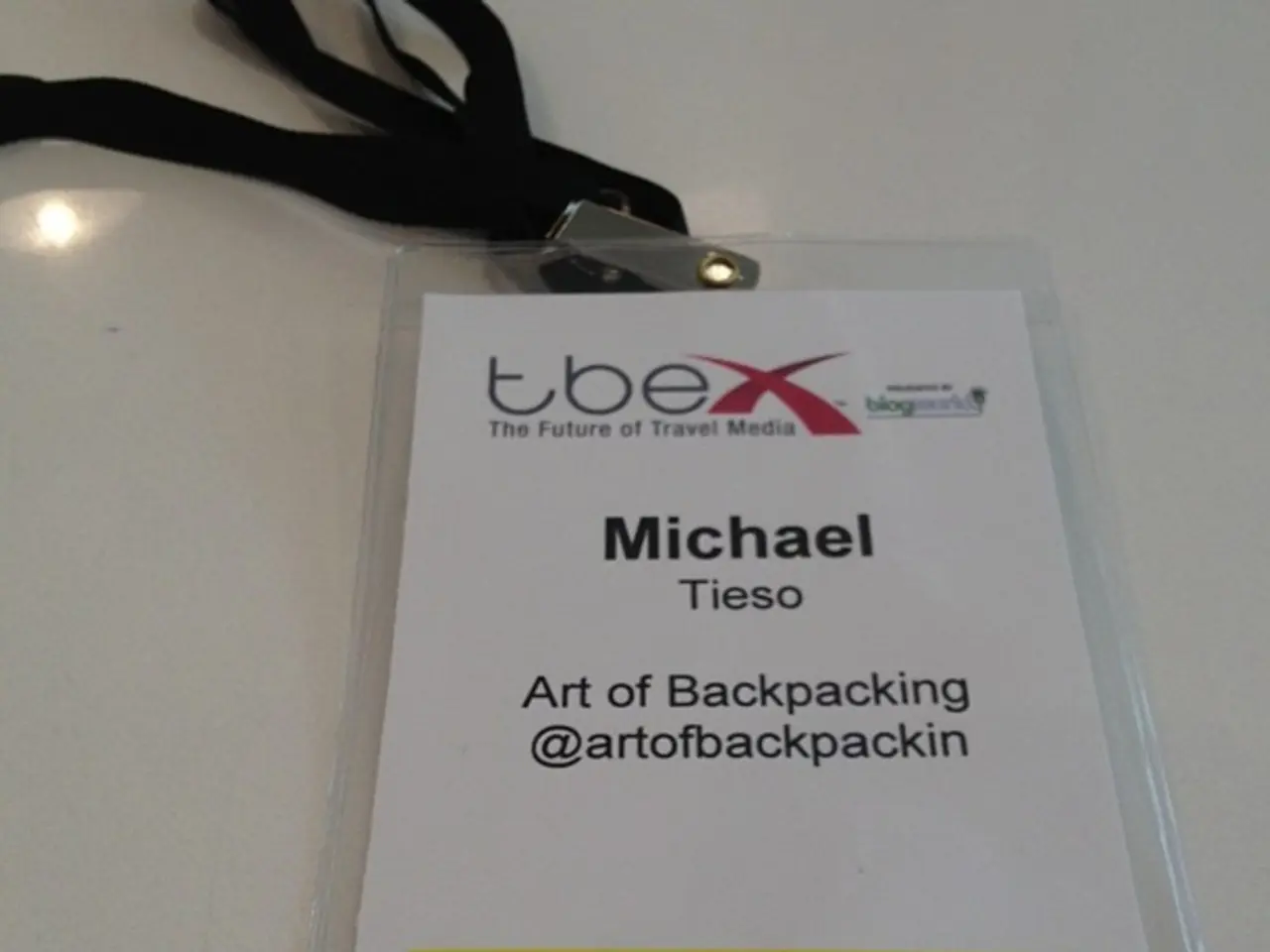Australian Foreign Minister discusses matters with their Australian counterpart over the telephone
South Korea and Australia Strengthen Strategic Partnership
South Korea and Australia are deepening their strategic partnership, as evidenced by recent high-level meetings and increased cooperation in various sectors. The latest developments highlight a focus on practical and strategic collaboration to address shared geopolitical challenges.
On Monday, Foreign Minister Cho Hyun held telephone talks with his Australian counterpart Penny Wong, marking their first conversation since Cho took office. During the call, Cho expressed appreciation for the warm hospitality extended by Australia during a recent special delegation's visit from Seoul. He also reaffirmed that South Korea is one of Australia's key partners and advocated for enhanced multidimensional cooperation between the two nations.
Following the telephone conversation, special envoys led by former National Assembly Speaker Kim Jin-pyo met with Deputy Prime Minister and Defense Minister Richard Marles and Foreign Minister Penny Wong. The discussions focused on bilateral relations between South Korea and Australia, with a particular emphasis on cutting-edge technologies, trade, supply chains, and defense sectors.
The special envoys delivered a message from President Lee Jae Myung, and no specific details about the content of the meetings were disclosed in the report. However, it is known that the meetings were part of the enhanced multidimensional cooperation advocated by Cho.
In July 2025, the South Korean special envoys visited Canberra, delivering President Lee's message and meeting with Deputy Prime Minister and Defense Minister Richard Marles, and Foreign Minister Penny Wong. These talks reaffirmed efforts to deepen practical cooperation in various sectors, including defense, technology, trade, and supply chains.
The discussions also involved Korean defense companies in Australia and engagements with the Korean expatriate community. Furthermore, the envoys expressed hope for Prime Minister Albanese's visit to South Korea in October 2025 for the Asia-Pacific Economic Cooperation (APEC) summit in Gyeongju, further underlining close bilateral ties.
Beyond bilateral ties, analysts suggest that Australia and South Korea should deepen strategic and economic integration. This approach could leverage shared U.S. alignment, interoperability in defense and intelligence, and membership in multilateral bodies. Enhancing cooperation amid rising uncertainty and managing relations with China are part of this strategy.
One area where collaboration remains underdeveloped is defense industrial cooperation. Despite accelerating strategic convergence, there is an opportunity for future growth in joint defense industry initiatives.
In terms of current areas of bilateral cooperation, South Korea and Australia are working together in maritime capacity building in Southeast Asia, defense and security cooperation, cutting-edge technology, trade, supply chains, and economic integration. The collaboration is exemplified by South Korean-donated vessels participating in joint exercises like Exercise Lumbas alongside Australia and the Philippines. Australia also remains a key contributor to multinational efforts related to the Korean Peninsula’s security under the United Nations Command, affirming historic and ongoing defense ties.
In summary, South Korea and Australia maintain a broad and growing partnership centered on maritime security, defense cooperation, advanced technologies, and economic ties, with recent high-level meetings reinforcing commitments to deepen these connections and coordinate on regional security challenges.
- The high-level meetings and increased cooperation between South Korea and Australia stretch beyond bilateral ties and incline towards policy-and-legislation, focusing on deepening strategic and economic integration.
- Moving forward, politics plays a crucial role in the strategic partnership between the two nations, with discussions on defense industrial cooperation emerging as a key area for future growth and collaboration.







